Industrial mobile phones are specifically designed for use in harsh environments. Unlike conventional smartphones, they must meet a variety of conditions to meet the requirements in the industry. In this blog post, we will take a closer look at the features, applications, and differences between industrial mobile phones and standard mobile phones.
What defines a great industrial cell phone?
Robustness and ease of use
A great industrial cell phone is characterized by its ruggedness and resistant materials. It must be able to withstand drops, vibrations, dust, water and extreme temperatures. Another important factor is the usability of the cell phone. It should be easy to use and have an intuitive user interface to work quickly and effectively even in stressful situations. It is especially important to be able to use the phone with gloves, so that precise inputs can be made on the touch screen even in rough environments.
User friendly software
User-friendly software tailored specifically to the needs of industry makes work even easier. Industrial cell phones are used in many industries, such as construction, logistics, mining or manufacturing. They are indispensable companions for employees working in demanding work environments.
Battery life
In addition, industrial cell phones have a long battery life, good connectivity and ease of use. Another important factor is security. Industrial cell phones must be able to protect confidential data and ensure a secure connection. It is important that it has good connectivity to cellular networks in order to work in rural or remote areas.
Camera quality
In addition, industrial cell phones should also have good camera quality and fast data transfer, for example, to be able to perform quick inspections or documentations on site. However, the quality of smartphone cameras in industrial use cannot compete with that of high-end devices from Apple, Samsung and Co.
Typical differences from standard cell phones
Compared to conventional smartphones, industrial cell phones have some typical differences. For one thing, they are usually larger and heavier, as they have a robust design. Secondly, they often have special features such as barcode scanners, NFC, GPS and an infrared camera. In addition, industrial cell phones are usually more expensive than conventional smartphones. Another important difference is the battery life. Industrial cell phones often have to be in use for long periods of time and therefore need to have a longer battery life. In addition, they often have to be used in harsh environments, such as factories or construction sites, where they are exposed to shock, vibration, dust and moisture. For this reason, industrial cell phones are often certified to military standards to ensure their ruggedness and durability.
Increased data protection
Another important aspect is security. Industrial cell phones often have to process and transmit confidential data, which is why they must have special security features. These include, for example, encrypted data transmission, password protection and biometric authentication.
Overall, industrial phones offer a reliable and robust solution for use in demanding environments. While more expensive than traditional smartphones, they offer specialized features and increased durability that are essential in many industries.
Fields of application of industrial cell phones
Another advantage of industrial mobiles is their compatibility with various software and hardware components. They can be easily integrated into existing systems, enabling seamless communication and data transfer between different devices.
In the logistics industry, for example, industrial cell phones are used to track goods and control inventories. In agriculture, they can be used to monitor harvesting and growing processes. In the construction industry, they help site managers monitor construction sites and coordinate workflows. In manufacturing, they help control machinery and equipment and monitor production processes. In the chemical industry, they are used to record data and monitor processes.
Overall, industrial mobiles offer an effective and reliable solution for many different industries and applications. They facilitate workflows and help increase productivity and efficiency.
Ruggedized cell phone certifications
Ruggedized cell phones must meet certain certifications to meet the requirements in the industry. These include IP protection classes, MIL-STD certifications and ATEX certifications. IP protection classes indicate how resistant a device is to dust and water. The MIL-STD certifications refer to the military resistance of the device to shock, vibration and temperature. ATEX certifications ensure that the device can be used safely in explosive environments. Meeting these certifications is especially important because industrial phones are often used in harsh environments, such as manufacturing, mining, and chemical industries. Here, they must not only withstand adverse weather conditions, but also be resistant to shock and vibration. In addition, they must be able to be used in potentially explosive environments without creating hazardous situations.
In addition to the certifications, industrial cell phones must also have certain features that are essential for use in industry. These include, for example, a robust design, a long battery life, a powerful camera and fast data transmission. The ability to operate the device with gloves on or to use a hands-free device can also be an advantage in certain work environments.
Overall, industrial cell phones are an important part of modern industry and help to optimize and simplify work processes. By fulfilling the various certifications and functions, they can meet the requirements in industry and thus make an important contribution to efficiency and safety in the workplace.
Durabilities of industrial grade cell phones
Fall protection - Dust tightness - Water tightness - Certifications
Industrial cell phones must be able to withstand adverse conditions. These include drop protection, dustproofing, waterproofing and military certifications. A good ruggedized cell phone, should be able to be dropped from a height of at least 1.5 meters onto concrete without being damaged. It should also be protected against dust and water in order to be used in industry. In addition, industrial cell phones should also meet military standards to meet the requirements in the industry. Another important factor in industrial cell phones is battery life. Since these devices are often in use all day, they should have a long battery life so as not to let the user down. In addition, the cell phone should have a fast charging option so that it is quickly ready for use again.
Rugged construction
An ruggedized cell phone should also have a rugged design to withstand the harsh conditions in industry. It should not only be protected against drops and shocks, but also against extreme temperatures and vibrations.
Additional features
In addition, rugged mobile phones should usually have special functions to meet the needs of industry, e.g. in logistics, retail or even production. These include barcode scanners, NFC technology (Neal Field Communication) and GPS tracking, for example.
Overall, an industrial grade ruggedized mobile phone is an indispensable tool for many industries. It must be robust, durable and functional to meet the requirements. With the right functions and features, an industrial cell phone can help improve efficiency and safety in industry.
Explanation of IP protection classes
The IP protection classes (Ingress Protection) provide information on the degree of protection of electronic devices against the ingress of foreign bodies (e.g. dust) and water. The IP protection classes are indicated by the combination of two digits: The first digit refers to protection against solid foreign bodies, while the second digit indicates protection against water. The higher the digit, the higher the degree of protection.
Nachfolgend eine Tabelle, die die verschiedenen IP-Schutzklassen auflistet:
| IP-Schutzklasse | Schutz gegen feste Fremdkörper | Schutz gegen Wasser |
|---|---|---|
| IP00 | No protection | No protection |
| IP20 | Protected against solid foreign bodies (larger than 12.5 mm) | No protection |
| IP21 | Protected against solid foreign bodies (larger than 12.5 mm) | Protected against vertically falling dripping water |
| IP40 | Protected against solid foreign bodies (larger than 1 mm) | No protection |
| IP44 | Protected against solid foreign bodies (larger than 1 mm) | Protected against splashing water from all directions |
| IP65 | Protected against Dust (dustproof protection) | Geschützt gegen Strahlwasser aus beliebigem Winkel |
| IP67 | Protected against Dust (dustproof protection) | Geschützt gegen zeitweiliges Untertauchen |
| IP68 | Protected against Dust (dustproof protection) | Geschützt gegen dauerhaftes Untertauchen |
Why does a ruggedized cell phone need a professional screen protector?
Although a ruggedized phones is particularly robust, the display can also be damaged. Especially when working outdoors, it can quickly happen that the display is damaged by dust, dirt or moisture. A professional screen protector protects the display from scratches, cracks and other damage. Furthermore, it can also improve the readability and facilitate the operation. A display protector is therefore a sensible investment to extend the service life of the industrial cell phone and increase operational reliability. Translated with www.DeepL.com/Translator (free version)
Types of screen protection
Es gibt verschiedene Arten von Bildschirmschutzfolien für Industriehandys. Eine glasklare Displayschutzfolie schützt das Display vor Kratzern und Rissen, während eine antireflektierende Displayschutzfolie die Lesbarkeit bei hellem Licht verbessert. Ein glasklares OnScreen® OnScreen® Hybridglass (ein extrem robuster Verbund aus einem Spezialpolymer und einem Top-Coat aus Hartglas) bietet eine noch höhere Stoßfestigkeit und Kratzfestigkeit als eine herkömmliche Displayschutzfolie. Eine entspiegelndes OnScreen® OnScreen® Hybridglass reduziert Reflexionen und verbessert die Lesbarkeit, während eine anti-viral und antibakteriell wirksame Displayfolie das Wachstum von Keimen und Bakterien auf dem Display verhindert. Es ist wichtig, die richtige Displayschutzfolie für das jeweilige Industriehandy auszuwählen, um das Display optimal zu schützen und die Lesbarkeit zu verbessern. Die meisten Displayschutzfolien sind einfach anzubringen und können bei Bedarf leicht entfernt werden, ohne Rückstände auf dem Display zu hinterlassen. Es ist ratsam, regelmäßig die Displayschutzfolie zu überprüfen und bei Bedarf auszutauschen, um eine optimale Schutzwirkung zu gewährleisten.
Conclusion
Industrial cell phones are specially designed for use in extreme conditions and offer numerous advantages over conventional smartphones. They are more robust, more resistant and safer. However, they also require professional display protection to protect the display from damage. Reflective displays of ruggedized smartphones can be effectively countered with an anti reflective film. So anyone using an industrial cell phone should also invest in a high-quality screen protector to increase the operational reliability and service life of the device. Another advantage of industrial cell phones is their longer battery life compared to conventional smartphones. This is especially important for people who work in remote areas or have long workdays. Some models also have replaceable batteries to ensure uninterrupted use. Industrial phones also offer advanced connectivity options like GPS, NFC and infrared. This is especially useful for field workers who rely on accurate location data or need to transfer data quickly and easily.
Another important aspect is the security of industrial cell phones. They are often equipped with additional security features such as fingerprint or face recognition to prevent unauthorized access to the device. They are also often equipped with special encryption technologies to protect the data on the device.
Overall, industrial phones offer a reliable and safe solution for work environments that place special demands on the devices. With high-quality display protection and advanced connectivity options, they are an investment in operational safety and efficiency.

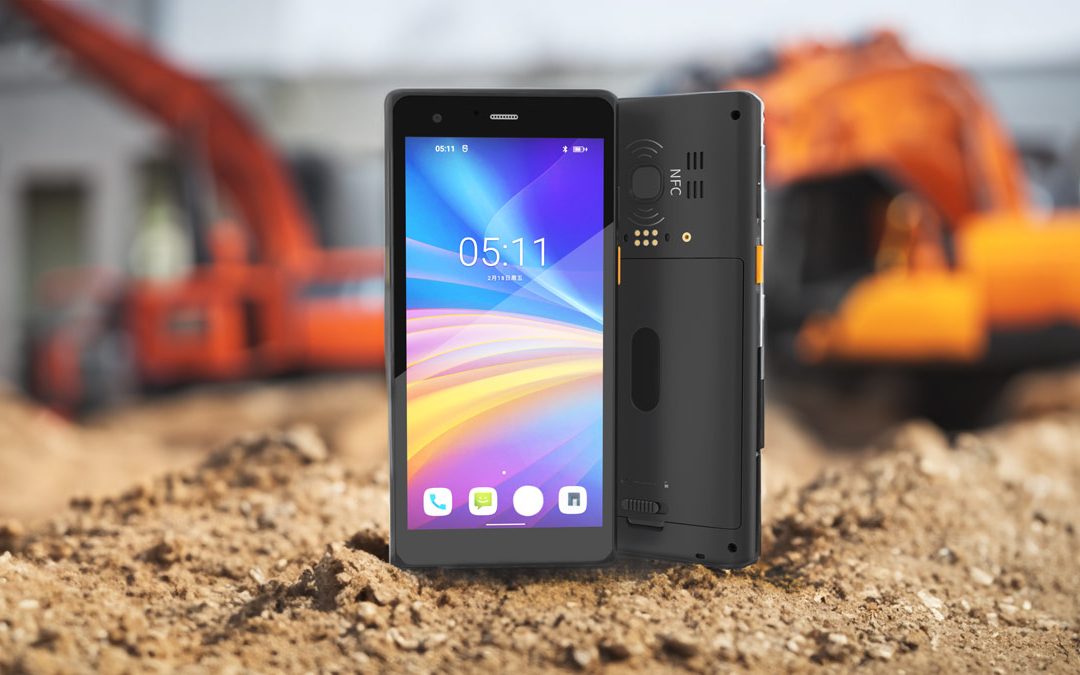
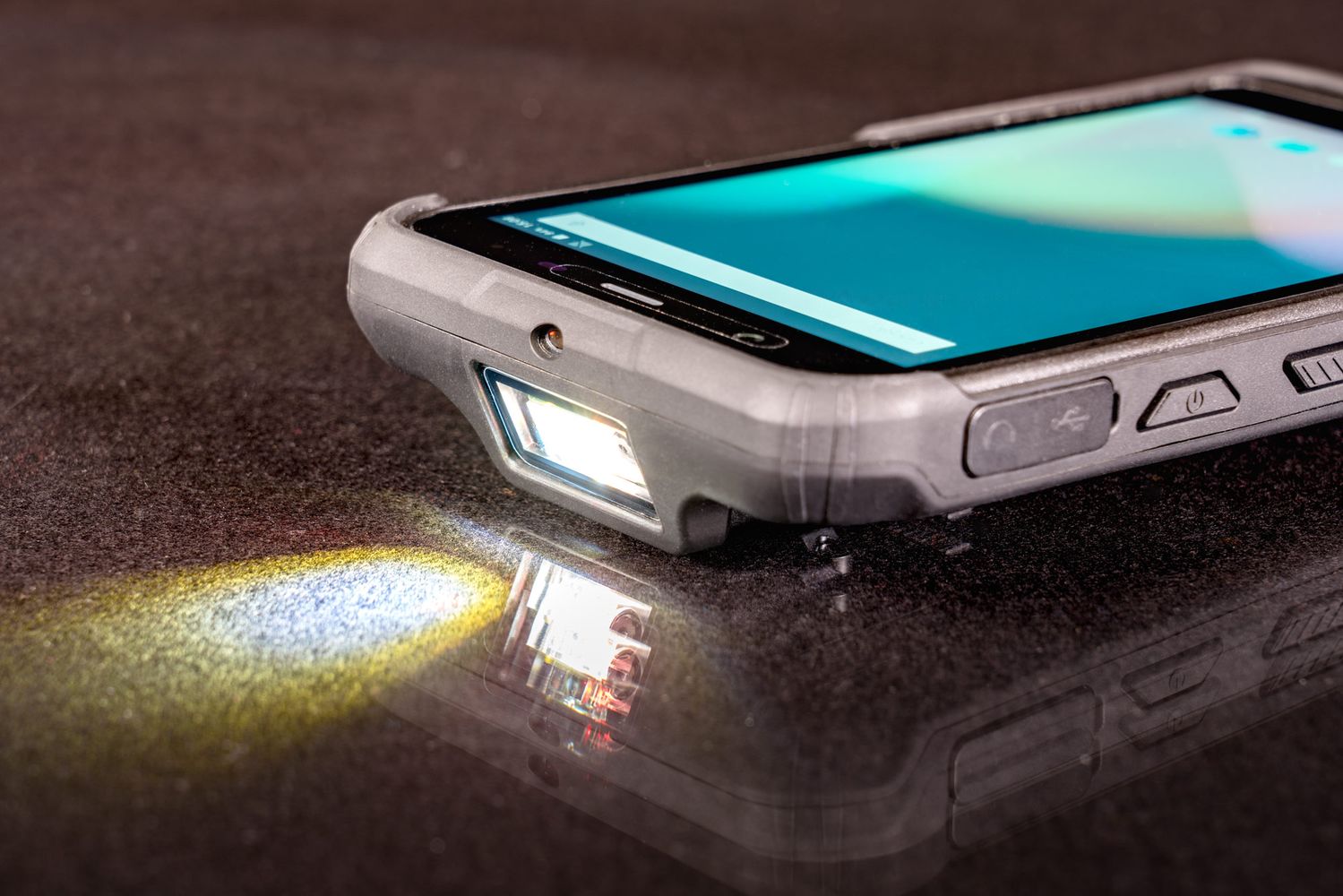
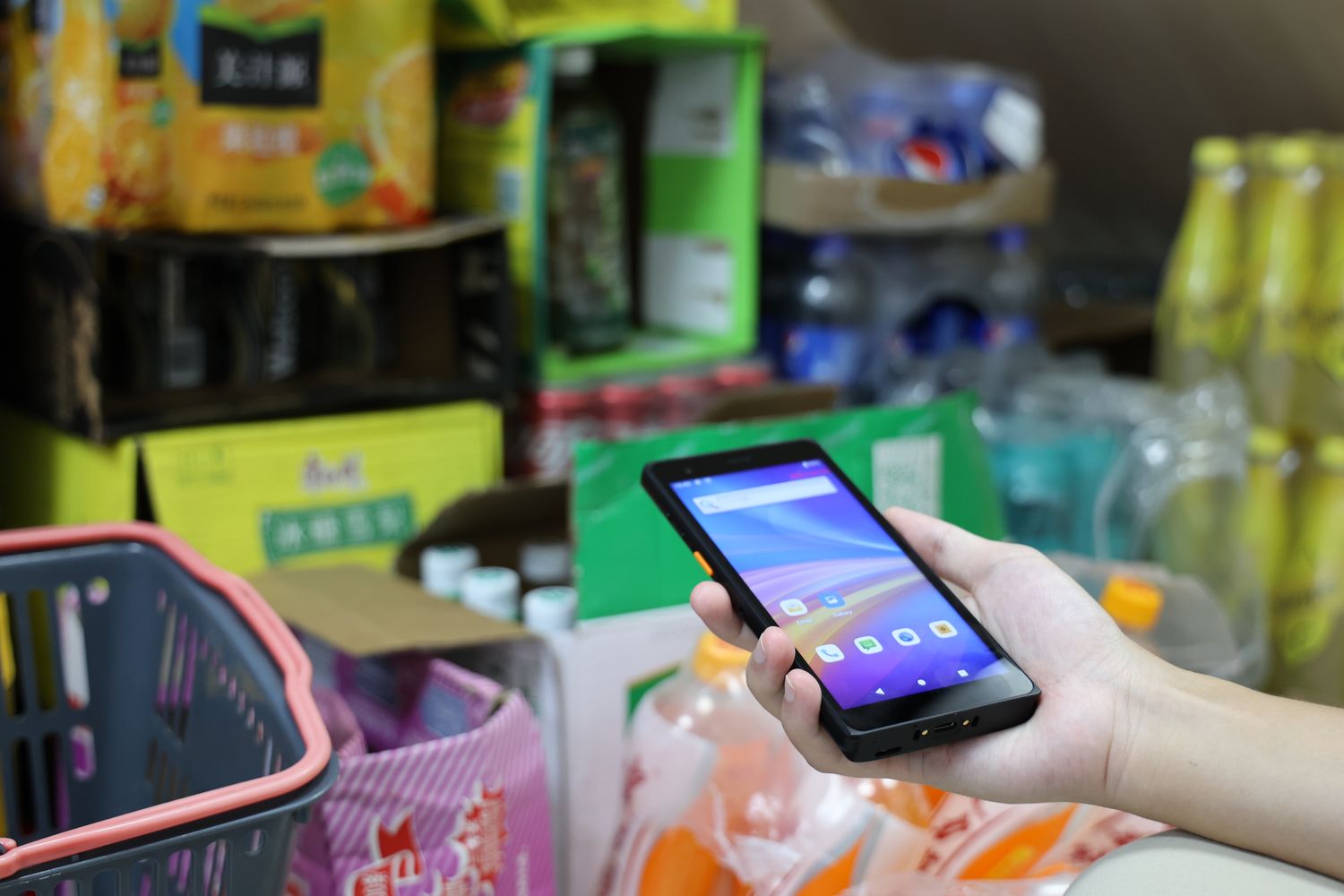
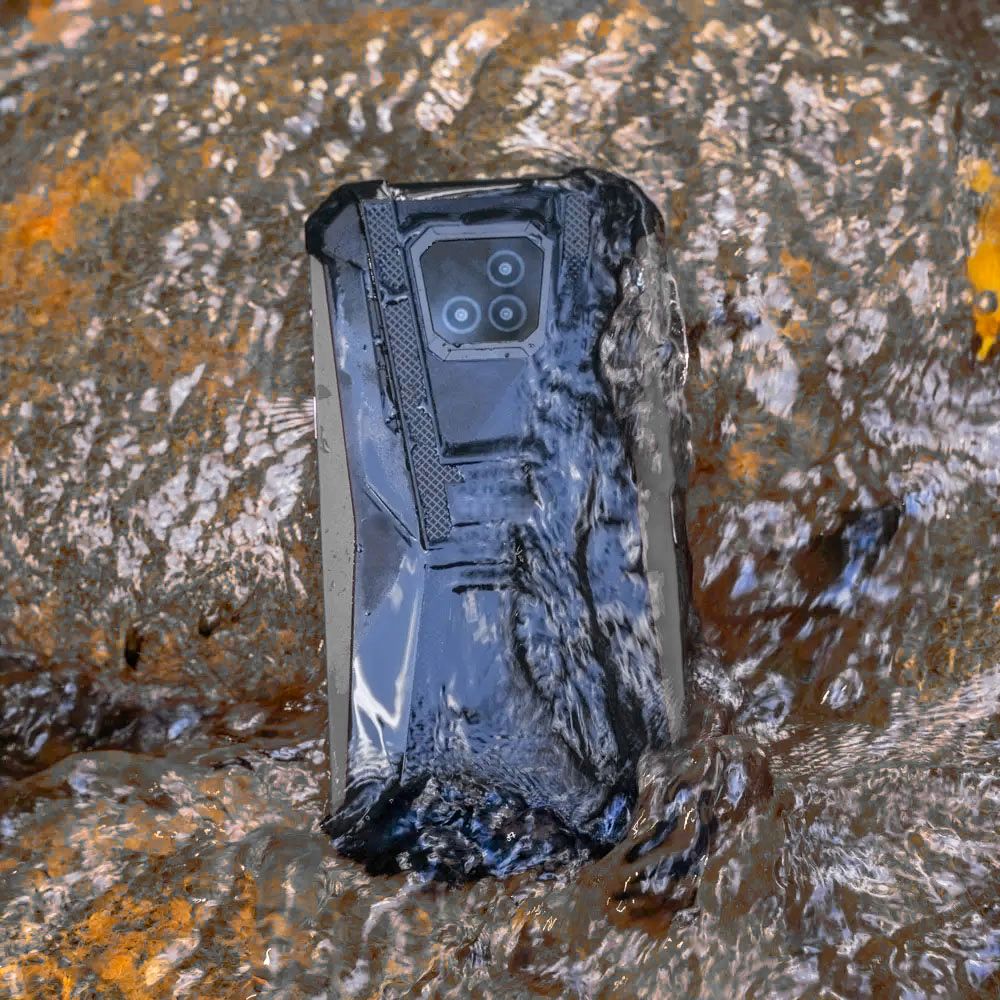
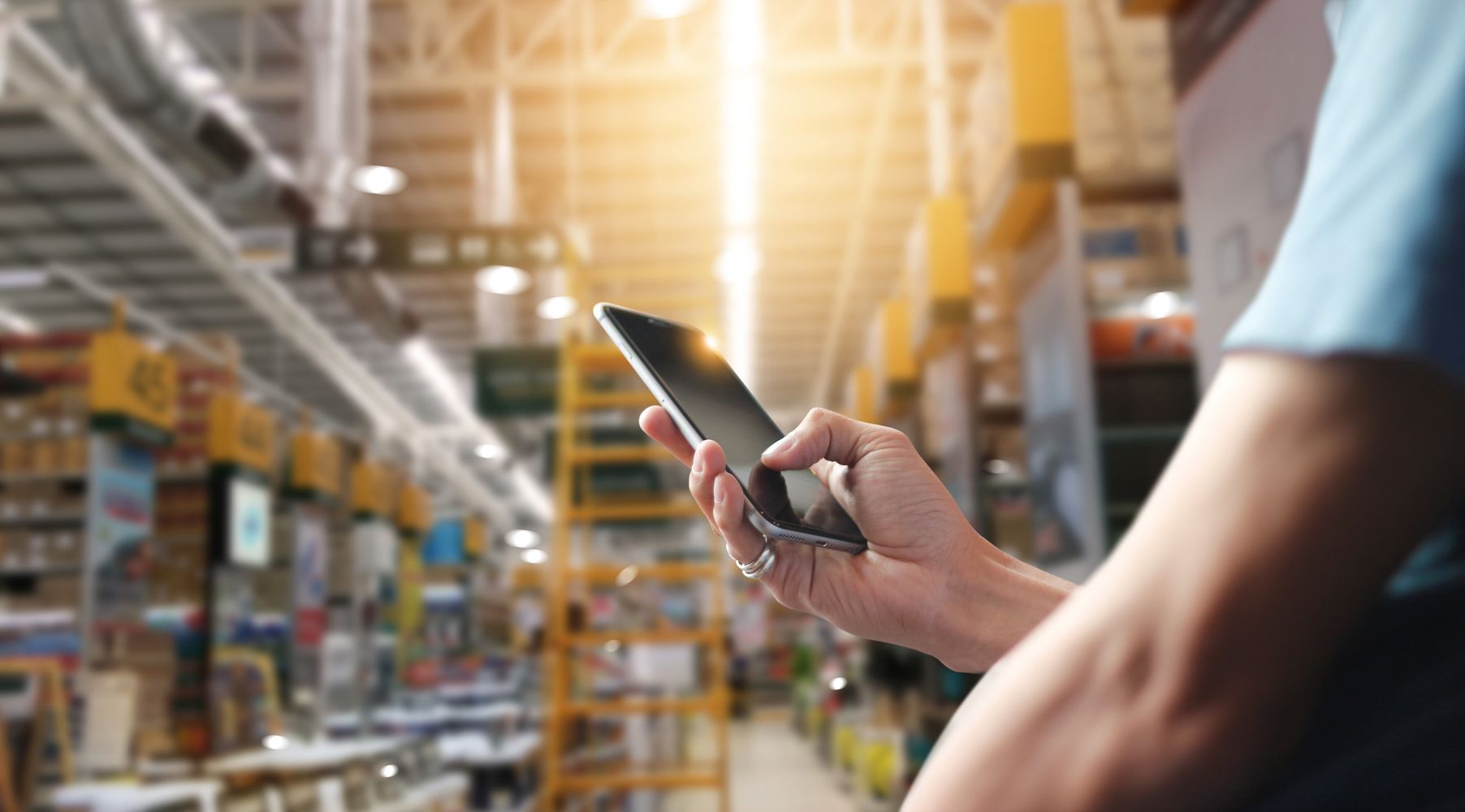
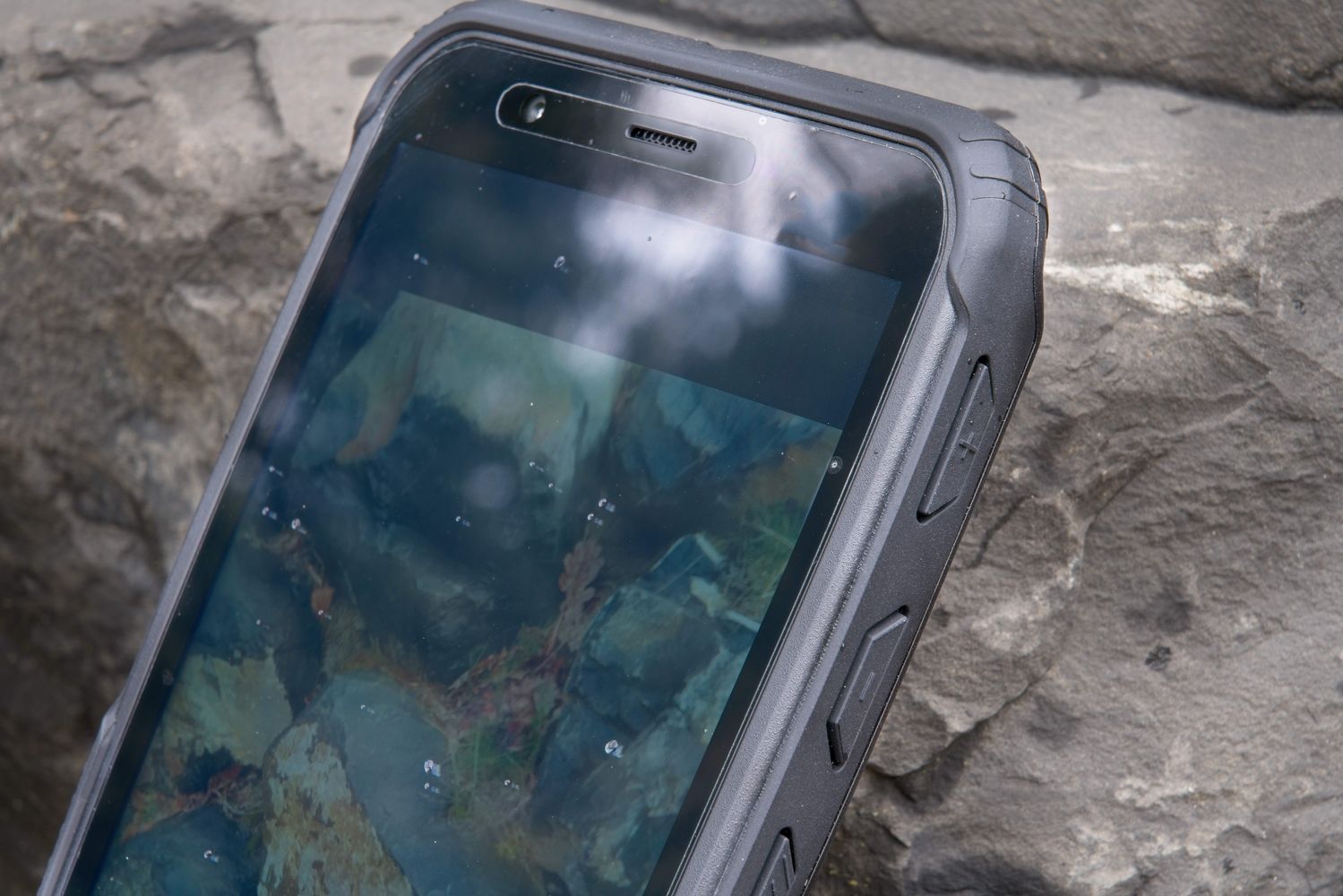
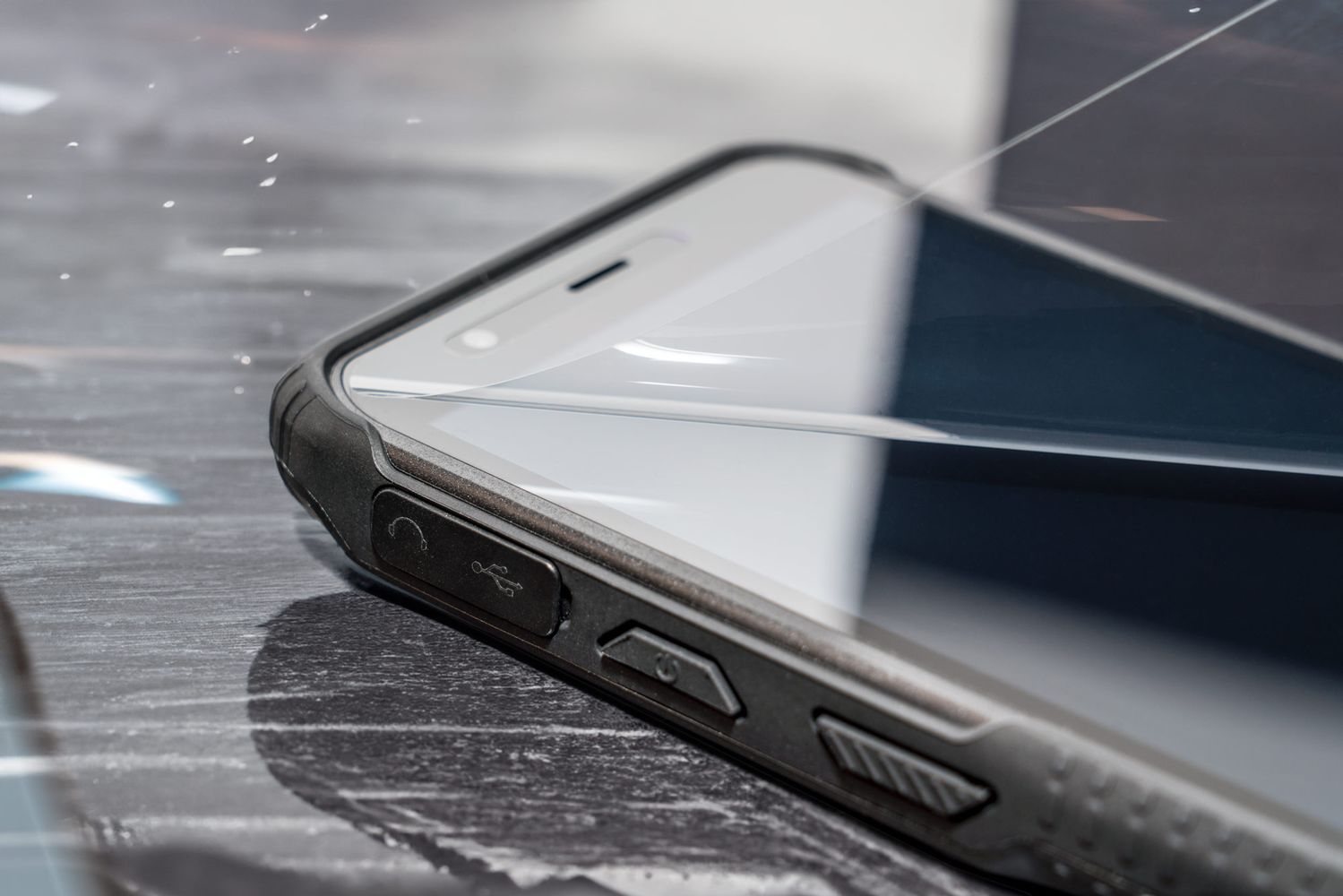
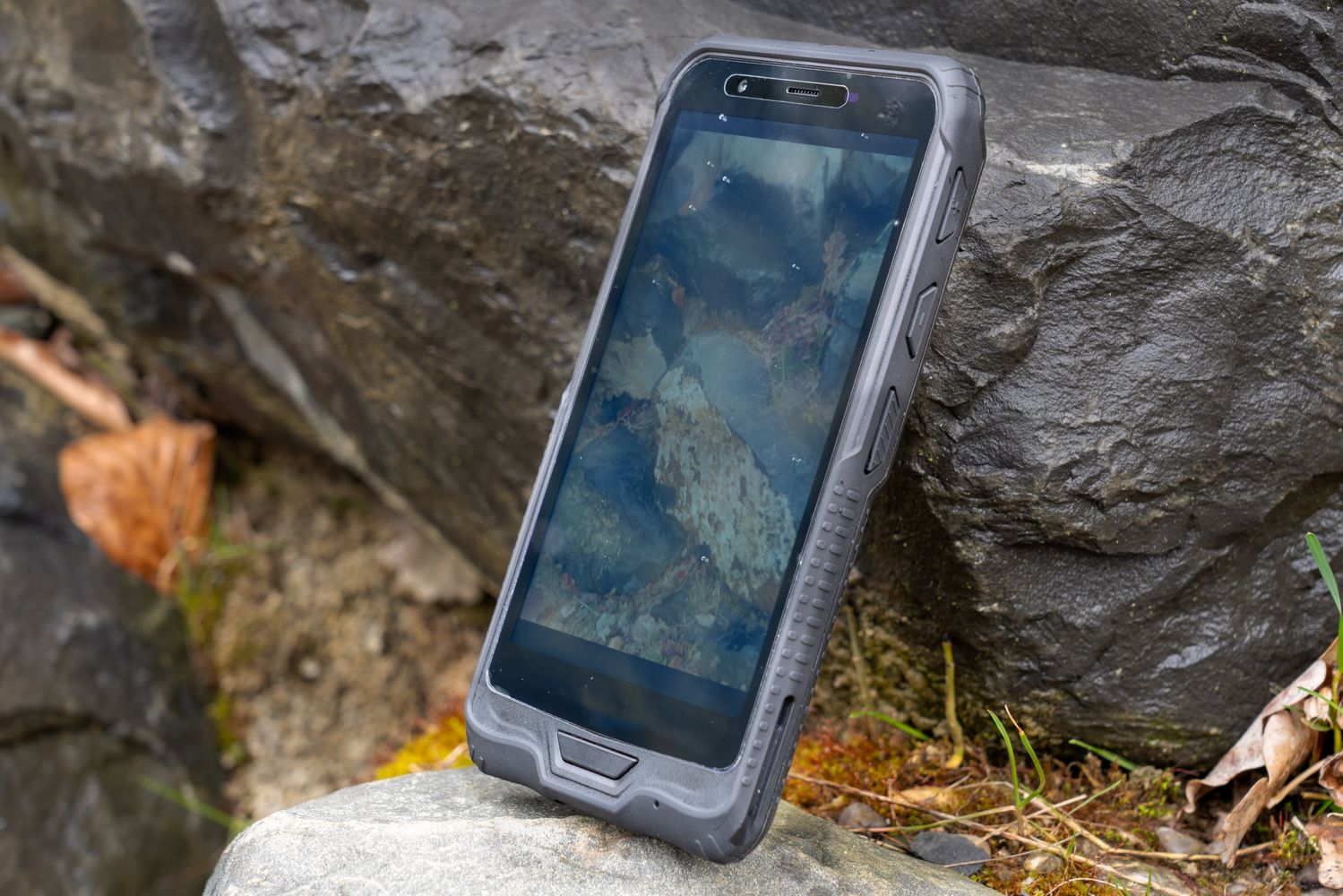

 verschlüsselt statt. Eine starke 256 Bit starke Verschlüsselung sichert die Datenübertragung. Mit unserem extern ausgestellten SSL Zertifikat sind wir transparent und konform. Neben der SSL gesicherten Webseite nehmen wir Datenschutz sehr ernst.
verschlüsselt statt. Eine starke 256 Bit starke Verschlüsselung sichert die Datenübertragung. Mit unserem extern ausgestellten SSL Zertifikat sind wir transparent und konform. Neben der SSL gesicherten Webseite nehmen wir Datenschutz sehr ernst.
Neueste Kommentare